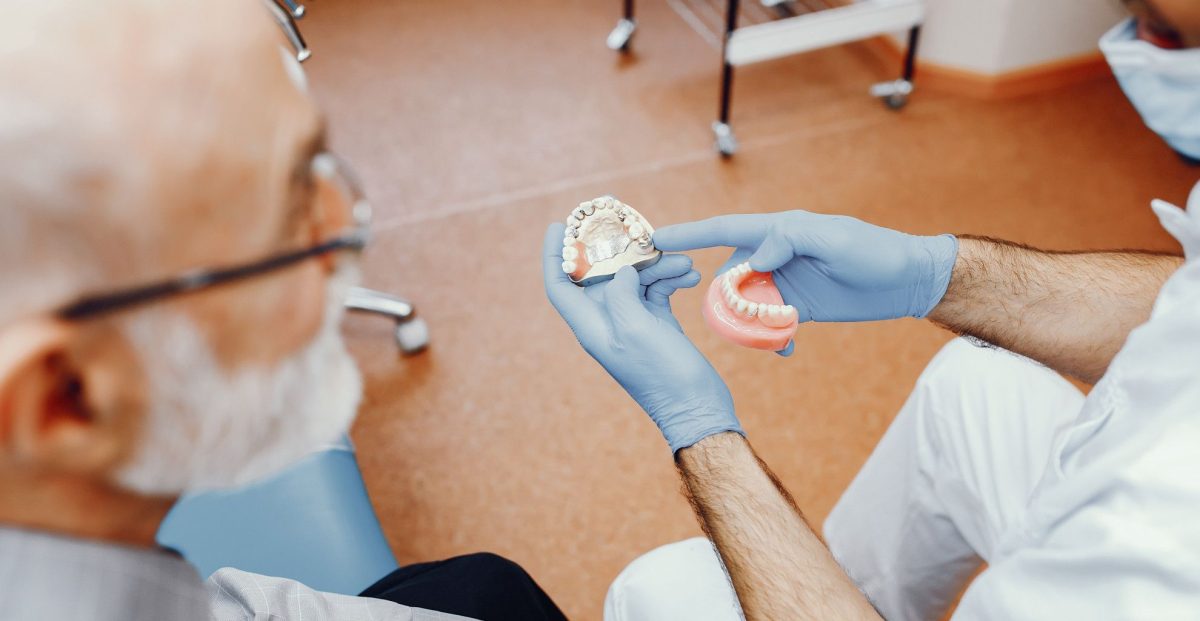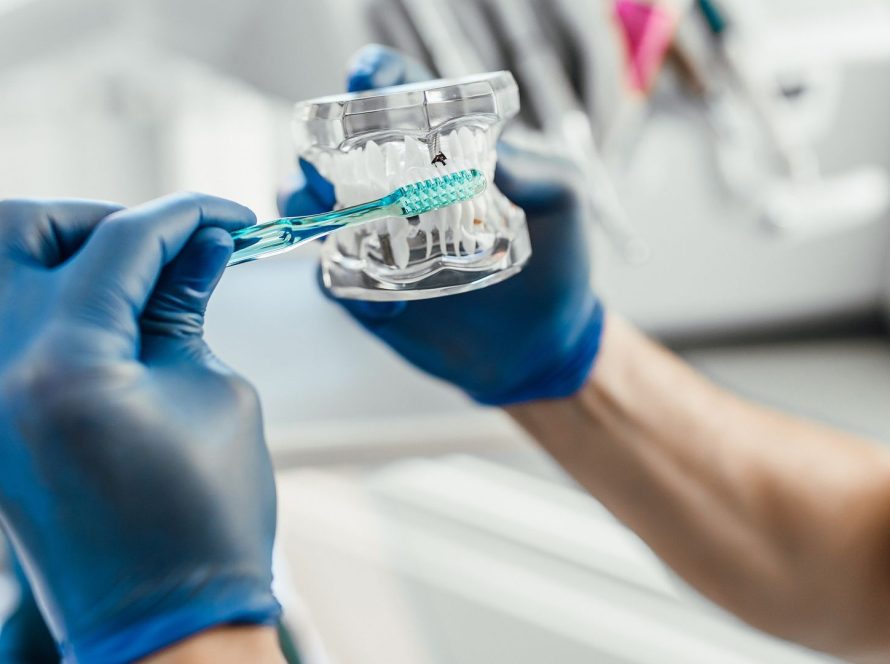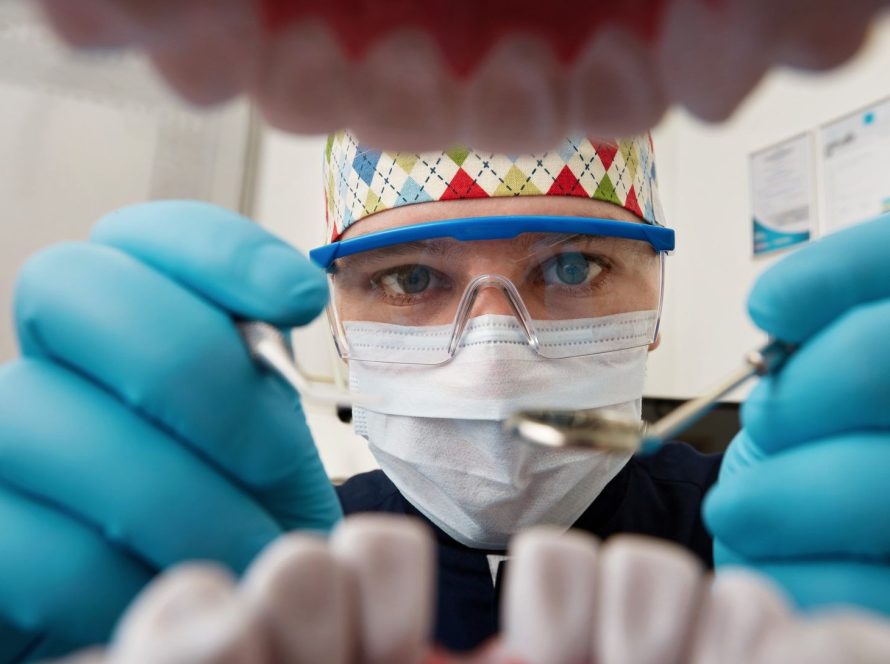
Dentures are a valuable solution for individuals who have lost their natural teeth, providing the ability to eat, speak, and smile confidently. However, like natural teeth, dentures require proper care and maintenance to ensure their longevity and functionality. Here are nine common factors that can potentially damage or ruin dentures:
1. Poor Denture Care: Improper cleaning and maintenance are among the leading causes of denture damage. It’s essential to clean dentures daily using a soft-bristle brush and a denture cleaning solution or mild soap. Neglecting regular cleaning can lead to staining, odors, and bacterial growth.
2. Dropping Dentures: Accidental dropping of dentures, especially on hard surfaces like tile or ceramic, can result in fractures or damage to the denture base or teeth. Handling dentures over a soft surface or while standing over a folded towel can minimize the impact if they are dropped.
3. Biting into Hard Foods: Dentures are durable, but they are not as strong as natural teeth. Biting into hard foods like ice, hard candies, or bones can lead to chipping or breaking of denture teeth.
4. Using Toothpaste: Toothpaste is abrasive and can scratch the surface of dentures, making them more susceptible to staining and wear. Denture-specific cleaning products should be used instead.
5. Smoking: Smoking and using tobacco products can lead to staining, bad odors, and increased susceptibility to oral infections. Additionally, smoking can cause changes in the fit of dentures due to tissue irritation and bone loss.
6. Hot Water: Exposing dentures to hot water, such as boiling water or placing them in a dishwasher, can warp or distort the acrylic base, leading to an improper fit and discomfort.
7. Neglecting Regular Check-ups: Regular dental check-ups are essential for monitoring the fit and condition of dentures. Ill-fitting dentures can cause sore spots, discomfort, and difficulty in eating and speaking.
8. Using Denture Adhesives Excessively: While denture adhesives can provide additional stability, excessive use can lead to a buildup of adhesive residue that is difficult to remove. Follow the recommended guidelines for adhesive application.
9. Abrasive Cleaning Tools: Using harsh or abrasive cleaning tools like wire brushes, abrasive powders, or abrasive pads can scratch the surface of dentures and weaken their structure.
To ensure the longevity and effectiveness of dentures, it’s crucial to follow proper denture care practices and seek professional guidance for adjustments, repairs, or replacements when necessary. Regular visits to your dentist or prosthodontist can help identify and address issues early, preserving the comfort and functionality of your dentures.




